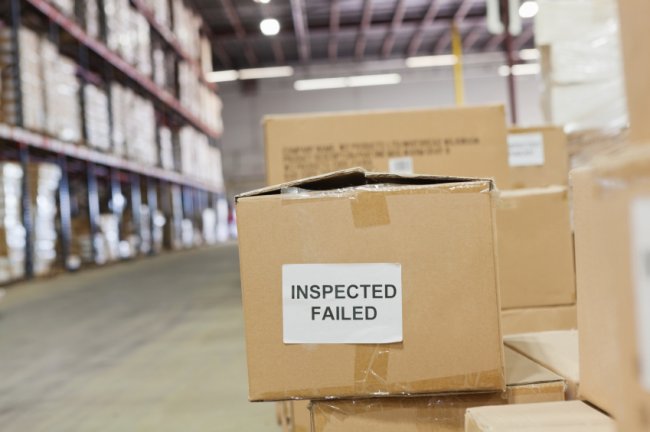Does your business sell products to Australian consumers? Do you know whether products sold by your business comply with Australia’s product safety laws?
What do I need to know about Australia’s Product Safety Laws?
Most products that are sold to Australian consumers must comply with national product safety laws. There are two main methods that are used to regulate product safety:
- Bans
Bans can be imposed on either a permanent or interim basis and make it illegal to sell certain products in the Australian market. Bans are imposed where a product poses a risk of serious injury, illness or death. A list of currently banned products can be found on the Product Safety Australia website.
As an example, there is a permanent ban on the sale of novelty cigarettes and candles with wicks made of lead.
- Mandatory Standards
Mandatory standards may make it illegal to sell particular products without:
- affixing certain labels to the product;
- providing the consumer with certain warning notices or safety information; or
- subjecting the product to certain testing requirements.
As an example, most cosmetic products must be labelled with a detailed list of ingredients or at least have this information available to consumers at the time they make their decision to purchase the product.
In addition to bans and mandatory standards, product suppliers may also be required to initiate or comply with product recalls. More information on Australia’s product recall system can be found on the Product Safety Recalls website.
What should I do to make sure I comply with Australia’s Product Safety Laws?
If you supply products to Australian consumers then you have a responsibility to make sure that those products comply with Australia’s Product Safety Laws. The steps that you need to take will depend on the kind of products that your business supplies but in general you should:
- Research
Do as much research and get as much information as possible about the products that you are going to supply to consumers. That information includes any risks or limitations associated with the use of the product and also any quality & safety testing that has been done in relation to the product.
- Background Checks
Go to the Product Safety Australia website and do some background checks on the product to make sure that it has not been banned from sale in Australia. You also need to make note of any mandatory standards that apply to the product.
- Strong Terms
Make sure that you have strong contractual terms with the manufacturers/ distributors that supply products to your business. These terms should be in writing and include warranties if you have relied on certain representations about the safety or performance of the product. We can assist you in drafting these terms or by reviewing the terms.
While this may not remove your need to comply with Australia’s Product Safety Laws, strong contractual terms may be able to give you an avenue to take action against a manufacturer/ distributor if there is a problem with the product they supply to you.
- Clear Communication
Make sure that all of your communications with your customers (or potential customers) about the product are clear and not in any way misleading. You must comply with any mandatory standards that apply (e.g. labelling and safety notices). If you are aware of potential risks or limitations associated with the use of the product then these need to be clearly detailed to the customer, including details about how those risks can be avoided.
Where should I go for more information?
On 20 March 2014, the Australian Competition and Consumer Commission (ACCC) released a helpful guide called “Consumer Product Safety Online”. The Guide is targeted toward businesses that supply products online and provides a helpful checklist (on page 4) that businesses can use to make sure that their online store is complying with Australia’s product safety laws.
There is more helpful information on the ACCC website and the Product Safety Australia website.
For further information, please contact the author.
This article is posted in Adelaide, South Australia by Tri-meridian Corporate & Commercial Law and is intended to be used as a guide only. It is not, and is not intended to be, advice on any specific matter. We do not accept responsibility for any acts or omissions resulting from reliance upon the content of this article. Before acting on the basis of any material in this article, we recommend that you consult your professional adviser.

